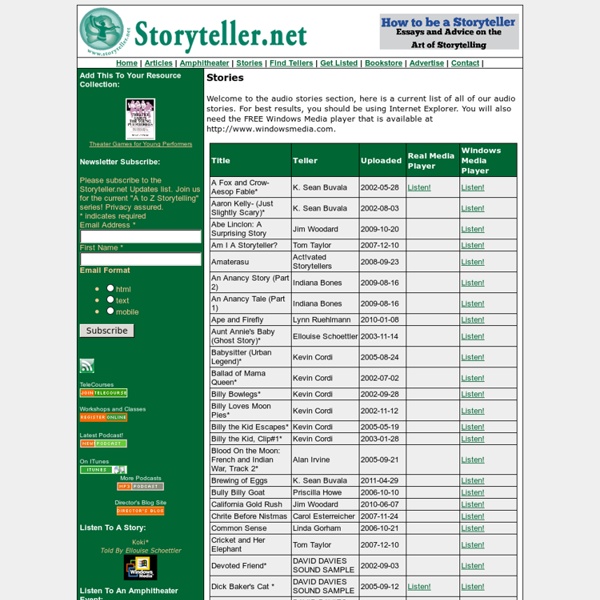



TOEFL® Listening : free practice exercises from Exam English Academic Listening Skills The Listening section measures test takers’ ability to understand spoken English from North America and other English-speaking countries. In academic environments students need to listen to lectures and conversations. Listening purposes include Listening for basic comprehension Listening for pragmatic understanding Connecting and synthesizing information Listening Section Format Listening materials in the new test include academic lectures and long conversations in which the speech sounds very natural. ETS®, TOEFL®, TOEFL iBT® and TOEFL Junior® are registered trademarks of Educational Testing Service (ETS). 2014 © Exam English Ltd.
How to pronounce the - English Pronunciation There are two ways to pronounce "the":- The first and most common one is short, and sounds like "thuh" Weak Weak pronunciation Sounds like "thuh". It rhymes with "duh" and if you say "mother" it rhymes with the "mo" and the "ther". As a general rule, we use the weak pronunciation with words that start with a consonant or words that begin with a vowel. For example: "The cat sat on the mat." Some words begin with a vowel, but are pronounced as if they begin with a consonant. For example: the word 'university' starts with a /j/ sound, which is a consonant. Strong The second is longer and sounds like "thee":- Strong pronunciation Sounds like "thee". It rhymes with pea, fee, me. We use the strong pronunciation with words that start with a vowel or sound as if they do. For example:- "the apple" "the end" "the hour" 'the ice' We also use the strong 'the' when we want to stress the word, regardless of whether it begins with a vowel or a consonant. For example:- "I spoke to Kevin Costner the other day.""
How to fake a British or American Accent English is sometimes a state of confusion for many learners with the large variety of accents, regional slang, and dialects to chose from. Do you speak more American or British or a little bit of both? Which of the major types of English do you find easier to understand, sounds nicer to you, and more difficult to understand? Facts about English: English has a large number of native speakers.About 500 million native speakers and 900 million non-native speakers in the world.Only Mandarin Chinese and Spanish have more native speakers.Below is the order of country with largest total number of English speakers.The number in parentheses is the percentage of English speakers versus other languages in the country. USA (96%)India (12%)Nigeria (53%)UK (98%)Philippines (58%)Canada (85%)Australia (92%) How important is English where you live? Is it difficult for you to practice your English in your area? Of course the United Kingdom is where English comes from and has the widest range of accents. 2. 3.
100 Exquisite Adjectives By Mark Nichol Adjectives — descriptive words that modify nouns — often come under fire for their cluttering quality, but often it’s quality, not quantity, that is the issue. Plenty of tired adjectives are available to spoil a good sentence, but when you find just the right word for the job, enrichment ensues. Subscribe to Receive our Articles and Exercises via Email You will improve your English in only 5 minutes per day, guaranteed! 21 Responses to “100 Exquisite Adjectives” Rebecca Fantastic list!